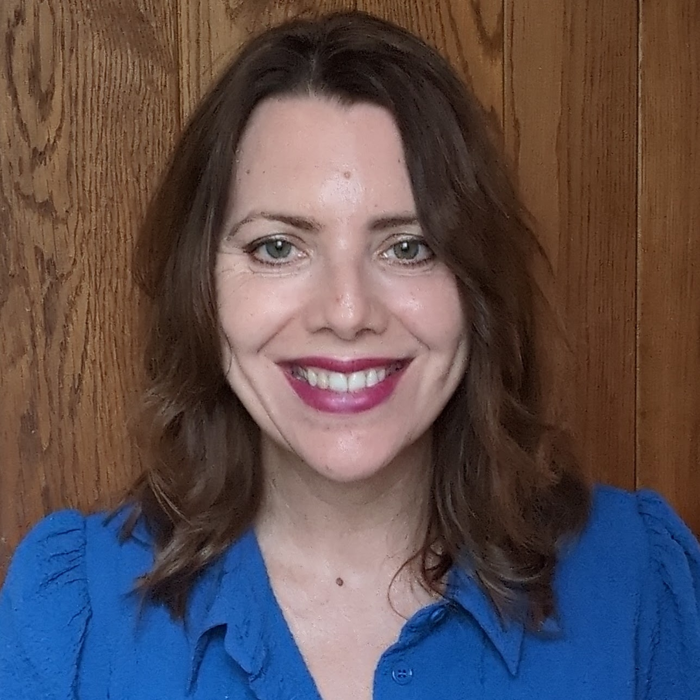The Ever-Evolving and Developing Singer’s Voice Across the Lifespan
Tuesday 14th January 2025, 2:00 PM - 4:00 PM (London Time)
At every age vocal function is dependent upon how the body is progressively and constantly changing. Growth and development directly impact the singing voice. A deeper understanding of chronological development over the span of a lifetime offers an informed perspective for optimal, strategic, and realistic expectations for vocal production at each and every age.
The twenty-first century has been an exciting time as voice science and its application in the voice studio is more accessible than ever. Acoustics, anatomy, the mind, different styles and genres have broadened our perspective. New developments signal that more and more teachers will teach students ranging from children to senior adults. NATS recently added Children & Youth categories to their National Student Auditions along with an active “Affinity Group” that meets to talk about teaching these young students. We are also seeing a surge of singers who want to remain musically active into their senior years and come back to the voice studio to rejuvenate their singing. Academic pedagogy courses typically apply well for normal young adult and mature adult voices.
Knowing changing factors throughout our singers’ life spans can help us toward optimal strategies, exercises, approaches, repertoire, and vocal expectations factor in growth and development. As teachers we address breathing, onsets, intonation, sound, vowels, flexibility, range, sensations, musicianship, language, and more. An informed age perspective makes teaching even more fascinating when we factor in the laryngeal, respiratory, and resonance changes that benefit from incremental remapping of one’s singing throughout life. Furthermore, we can know a lot more about the timing of these changes and take that into account as we strategize instruction and realistic expectations for each singer. For the teacher all of this contributes to, and transforms, how effective our teaching is.
Equipped with this information we learn that “normal” varies according to age from our youngest to our oldest singers. This course will span the entirety of singing lives from birth through old age. What a joy it is to have known some of my students from the time they were infants who came to their mother’s lessons, hearing them sing as children, then being their teacher during high school and college. How good it is to assure a college-age adult male that they are not only improving, but they are also growing and those notes in the passaggio that are frustrating have a future. Then sure enough, in a few months they experience a clearer path to the top.
Singers during the years of hormonal stability benefit from factoring in aging. As they approach their 50’s and 60’s they feel those changes. Teachers can help professional and amateur singers understand, accept, and maintain their voices as they age.
Karen Brunssen
Mezzo-soprano, Karen Brunssen is Professor and Co-chair of the Department of Music Performance at Bienen School of Music, Northwestern University.

Attend this course for as little as £22 as part of the Voice Professional Training CPD Award Scheme.
Learn MoreSorry, this is an archived short course...
We have plenty of upcoming short courses coming soon. See details of some of them below or look at the full list of short courses.

Tuesday 13th January 2026
5:00 PM - 6:30 PM
Tuesday 20th January 2026
5:00 PM - 6:30 PM
Tuesday 27th January 2026
5:00 PM - 6:30 PM
Tuesday 3rd February 2026
5:00 PM - 6:30 PM
Tuesday 10th February 2026
5:00 PM - 6:30 PM
(London Time)
Introduction to Postgraduate Academic Skills - Join Live!

Debbie Winter
Are you ready to elevate your academic journey? Hosted by our very own Debbie Winter, join our comprehensive Introduction to Academic Skills course, designed to equip you with essential tools and strategies for success in higher education. Perfect for bridging the gap between undergraduate and postgraduate study, this course offers a pathway to our full MA for students without an existing degree. We offer both live, interactive sessions and standalone, pre-recorded content.

Thursday 15th January 2026
5:00 PM - 7:00 PM
Thursday 22nd January 2026
5:00 PM - 7:00 PM
Thursday 29th January 2026
5:00 PM - 7:00 PM
Thursday 5th February 2026
5:00 PM - 7:00 PM
Thursday 12th February 2026
5:00 PM - 7:00 PM
(London Time)
Trauma-Sensitive Voice Professional Certificate with Dr Elisa Monti

Dr Elisa Monti
Updated for 2026, this five-part certificate course is designed to help participants learn the theory and practice of trauma-sensitive approaches. The concepts and activities included are tailored to meet the needs of voice specialists who want to acquire more specific tools to navigate the space with their students and colleagues.

Monday 9th February 2026
5:00 PM - 7:00 PM
(London Time)
Certificate in Applied Voice Pedagogy with Adam Roberts

Adam Roberts
Spring Immersive - live and interactive learning! This 12-week online programme is designed for voice professionals committed to deepening applied voice pedagogy skills and advancing professional practice. The course offers a rich environment to reflect on your teaching philosophy and develop applied pedagogical techniques. It is ideal for voice teachers, coaches, therapists, and performers seeking to bridge foundational knowledge with practical, student-centered applications.
